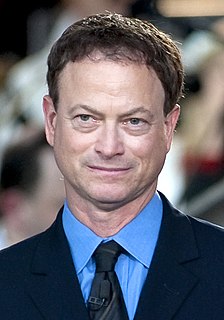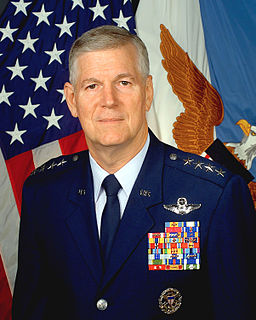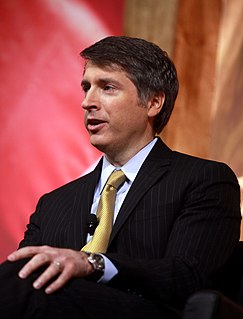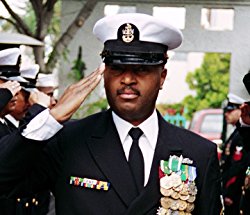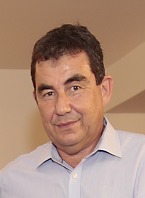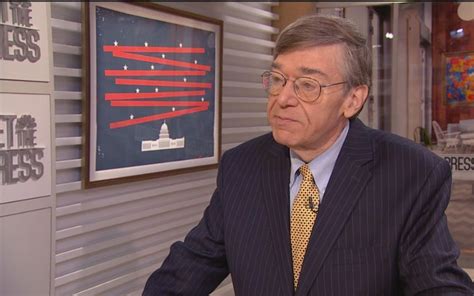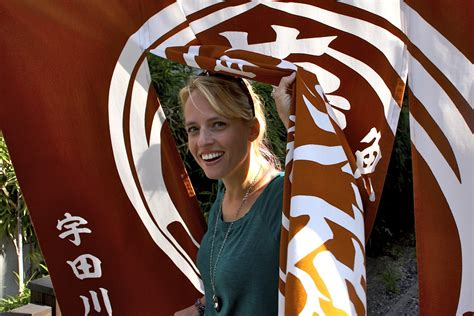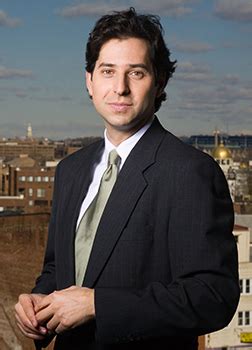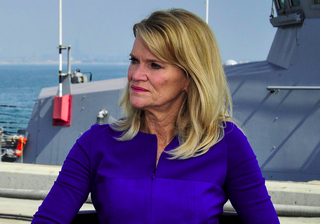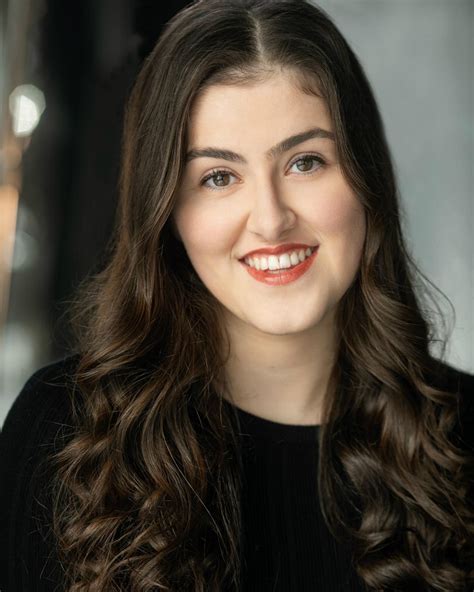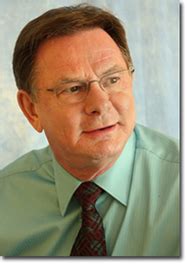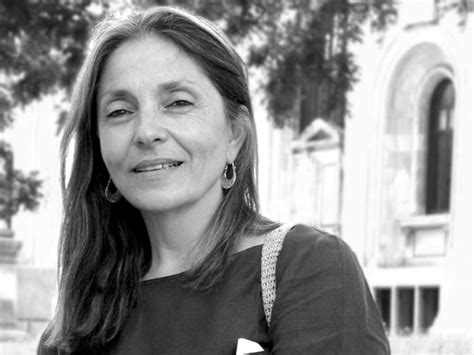A Quote by Annia Ciezadlo
There hasn't been a lot written about it in the Western media. But in the Arab world, and Western Asia as a whole, Baghdad was always known as a famously bookish, intellectual city. There's an old saying that Cairo writes, Beirut publishes, and Baghdad reads.
Related Quotes
There were a hundred booksellers in the old round city founded by the eighth-century caliph al-Mansur. The café and wine-drinking culture of Baghdad has been famous for centuries; there was a whole school of Iraqi poets who wrote poems about the wine bars of medieval Baghdad - the khamriyaat, or wine songs, that I quote in the book.
For Beirut it was the civil war, and the dividing of the city - which is something that is shared among Beirut, Berlin and Baghdad. And Cairo is a city that has a scar that was born after many decades of dictatorship - oppression shaped the people's lives, and forced people to grow up accompanied by fear. I belong to a generation that, whether we like it or not, was shaped by this fear of death or loosing the people you love, the threat of war, not allowed to be yourself, forced to be silent - as you watch ignorance occupying everything around you. And this is a deep scar.
In contrast, the 'Old Europe' channels were showing film from reporters who had embedded themselves at the wrong end of the Baghdad blitz and the Basra bombardment. These films depicted the shattered homes, the killed and grieving civilians and the infrastructure chaos our armed forces are creating daily. Since this footage (none of it bearing the al-Jazeera logo) clearly exists, why does the Western media studiously ignore it or, when confronted by it, claim it to be Iraqi propaganda.
In many parts of the world, including the Arab world, the Latin American world, and even parts of the Western world, there is a tradition of writers being quite engaged. Particularly in the Arab world you have had very, very strong traditions of literature and poetry and most of the writers have been deeply committed to the cause of the Arab nation.
The U.S. is telling the Northern Alliance to kill Taliban prisoners. It's totally a breach of all the known conventions of war. Western television networks aren't showing this, but Arab networks are showing how prisoners are being killed and what's being done to them. Instead, we're shown scenes that are deliberately created for the Western media: a few women without the veil, a woman reading the news on Kabul television, and 150 people cheering.




